Dominant theories of international political economy leave little room for the influence of individuals. They also never anticipated that the United States might seek to completely upend the global economic order.
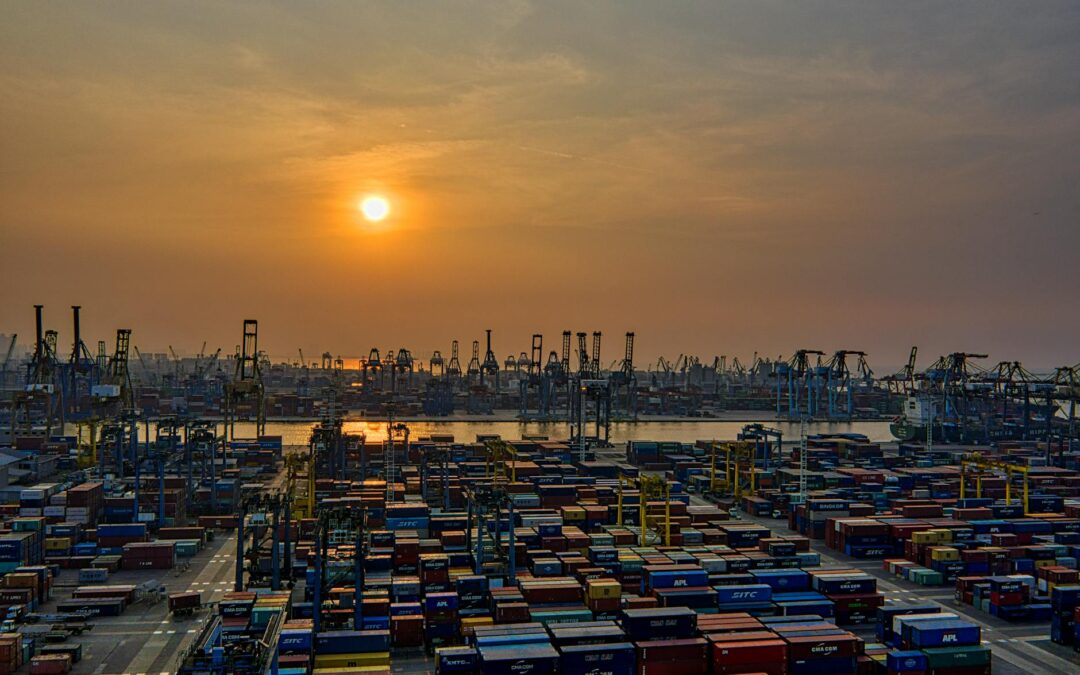

Dominant theories of international political economy leave little room for the influence of individuals. They also never anticipated that the United States might seek to completely upend the global economic order.
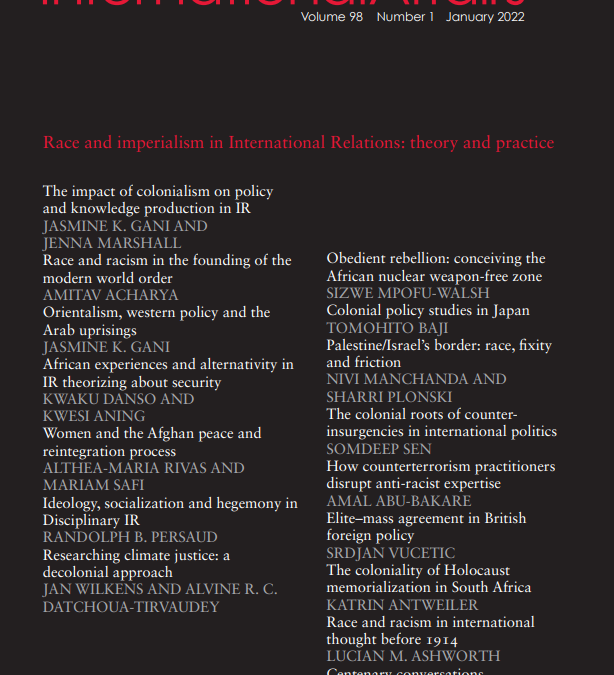
Intra-elite, state-centric society is a strategic front, and ought to be defended and put to use in the continued development of a global and decolonial turn in IR.

The special issue’s concerns could easily be a passing ‘fad’ as the forces of the status quo bide their time. A focal point on race, necessary as it is, could elide class and material factors’ influence on world politics.

There is no shortage of knowledge produced in various traditions and diverse scholarly communities. There is no lack of theoretical traditions and political thought that come from non-Euro-American and mainstream canons. There is also no shortage in theoretical concepts and approaches to global politics that are not produced in Anglophone spaces. Rather, there is still in mainstream IR a major problem of literacy to access, integrate, and dialogue with this wealth of IR scholarship produced in and from the margins

After a two-year COVID-induced hiatus, the International Studies Association Online Media Caucus (OMC) is pleased to announce the return of the Duckies! Please send you nominations to onlinemediacaucus@gmail.com by February 25, 2022. We encourage self-nominations. Note that the OMC...

This piece is the second in a three-part series grappling with the role of political economy in making a just, sustainable international order. Writing about America’s economic strategy deficit got me pondering why the United States had such a stunted economic imagination. How could the government...
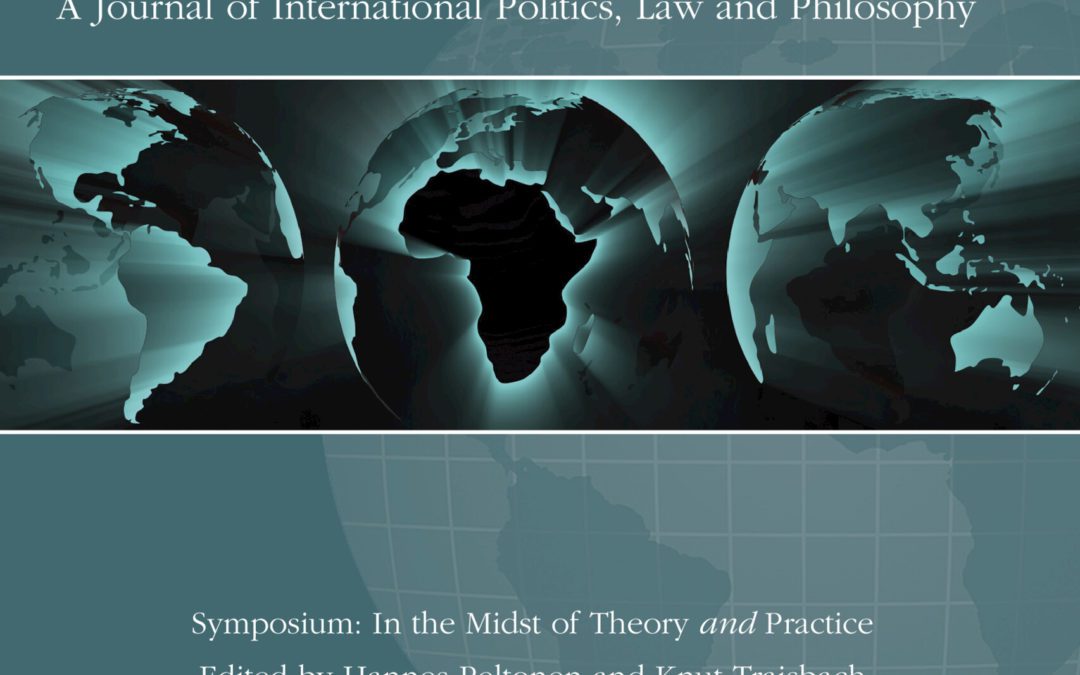
I wrote the first draft of “What’s it Like to Be a State?” sometime in late 2017, during an unusual time in both my personal life and my research career. I was about halfway through my PhD at the University of Cambridge and was feeling both immensely homesick and quite bored—trapped in a small town that felt ripped from the Victorian era. I filled my free time watching large numbers of pre-recorded NBA games and, also, for some reason, reading philosophy of mind….

I appreciate this opportunity to remark on Adam Lerner’s (hereafter, just ‘Adam’), excellent 2020 International Theory article on state consciousness. I recall first chatting with Adam about this paper when it was still in development, over a coffee in Prague at the 2018 European International...

state takes precedence over their own lives. Focusing on states as persons distracts us from how violence travels across levels of analysis. States don’t do violence to one another. They inflict violence on actual living beings.

I have mixed feelings about Adam’s article. On the one hand, I think it does a very good job of outlining the realist metaphysical argument for treating states and other similar corporate actors as conscious, or as having minds, if you’re the sort of person who needs that. On the other hand, I am...

A state of mind is a contagious thingSpread it around you never know what the future brings…Marillion, “State of Mind” n his later writings, Ludwig Wittgenstein spends quite a bit of time thinking about the problem of exactly what we are doing when we refer to the “inner”...

Way back in the summer I commissioned a symposium on Adam Lerner's provocative 2021 International Theory (vol. 13, no 2: 260-286) article, "What's it Like to be a State? An Argument for State Consciousness." Questions of consciousness pervade the social sciences. Yet, despite persistent tendencies...
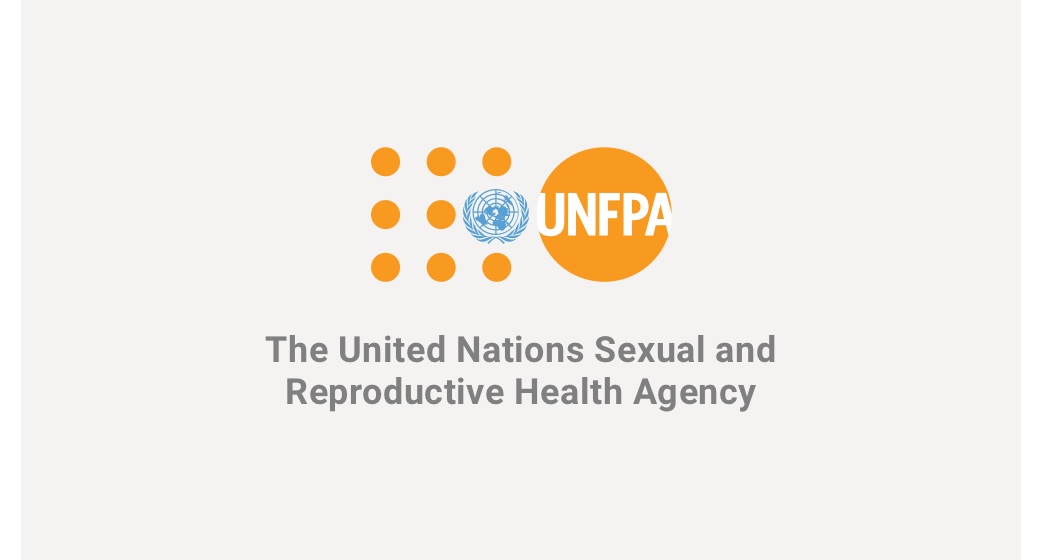
As long as international organizations have existed their relationships with their member states have been conflict-ridden. States use numerous methods to influence international organizations according to their interests or to contest the authority and policies of international organizations,...

Peter Cutler is living the quiet life of a Princeton professor when the Democratic Party’s presidential candidate asks him to become his foreign policy adviser. Cutler takes the job and his gambit pays off: the presidential candidate wins and Cutler is appointed to be Under Secretary of State in...
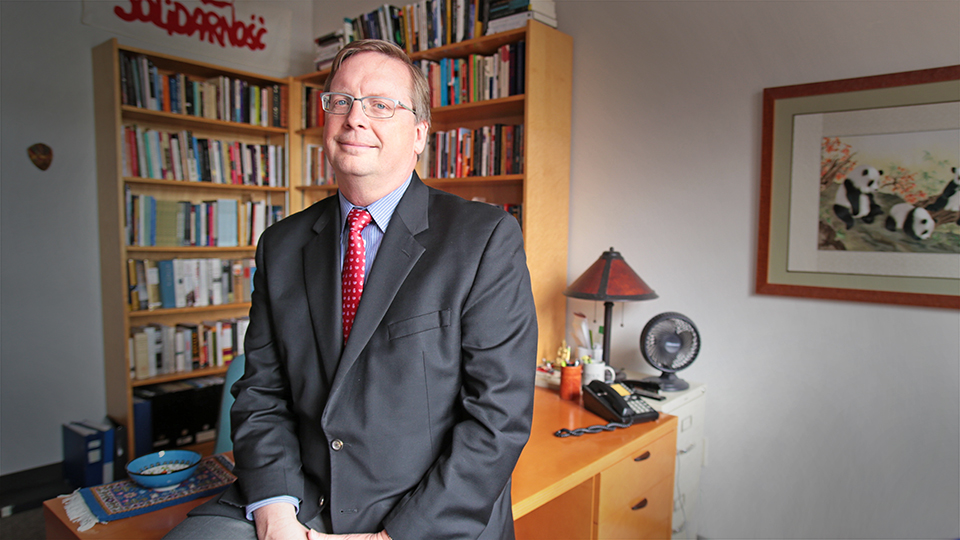
Back in the Duck of Minerva's heyday, Jon Western was one of its anchors. Indeed, it wasn't that long ago that we were talking about his returning. Jon said that he'd gained important perspective on the state of higher education from his time as dean of faculty and vice president for academic...

How do colleges and universities go about hiring tenure-line (or the equivalent) faculty in politics and international relations? Back in 2013, I provided a short overview of the typical U.S. process: Starting in the late summer, political-science departments post position announcements with the...